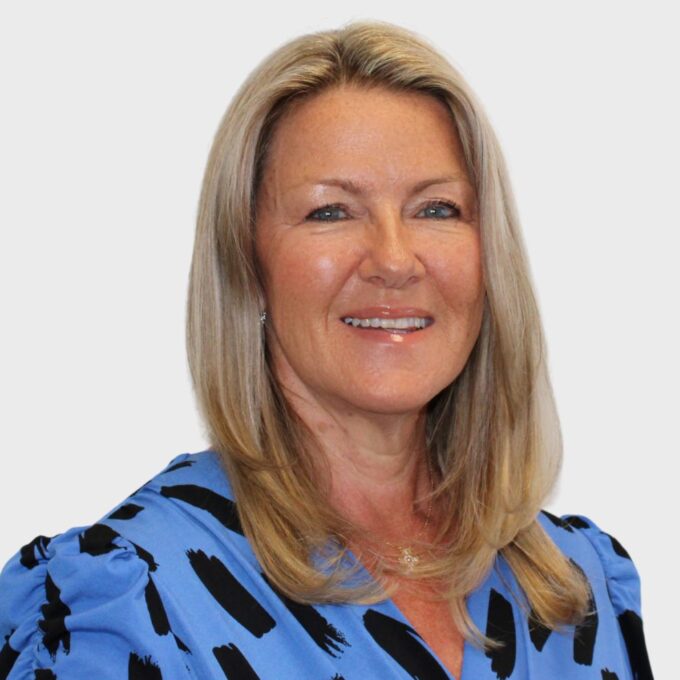The modern concept of a family office has been around since the nineteenth century, with J.P. Morgan founding the House of Morgan to manage their family assets in 1838, and the Rockefeller family founding their own family office in 1882, which is still in operation today.
Since then, thousands of the world’s wealthiest families have set up family offices to manage their wealth yet, despite their increasing popularity, there is still a lot of puzzlement around what a family office actually does.
So … what is a family office?
Part of the mystery surrounding the role of family offices stems from the fact that there is simply no clear-cut definition of what a family office is or does.
In the broadest terms and excluding the so-called ‘multi-family office’ (a concept even harder to pin down) family offices are private wealth management, advisory and in some cases concierge services entities which have been set up to meet the needs of a single client – a specific individual or a family which has a broad range of complex needs.
But the exact role and remit that the office has varies greatly between families. There is no one size fits all.
To give an example, a family office for a very large family may have up to thirty people working for it (a 2021 Credit Suisse report found that family offices employ ten people on average) and might offer a variety of services as part of a holistic package, such as investment management, real estate services and management of personal matters – such as chartering aircraft or managing a family’s staff.
A smaller private or family office, however, may only have one or two individuals working for it and might offer a more limited range of services, such as pure financial advice or the management of a wealth pool.
Family first
But whatever form or size the family office takes, one important role it plays for the family is to operate as a coordinator (and in some cases a gatekeeper) for the wider pool of advisers and service providers which the family may require. These can be many and various.
As fiduciary professionals, we work closely with family office representatives, as well as principals and family members themselves, to provide trustee and company administration services in a wide range of scenarios and across cultures – not least in order to establish and manage appropriate structures to ensure the smooth transition of wealth, assets, business interests and indeed family values between generations.
In all cases, the relationship between adviser and the matriarch or patriarch of the family is key. They are in most instances the settlor of the structure, but that structure is there for the benefit of beneficiaries – which is often the family or a wider class of beneficiaries. As trustees we are there to work and consult with the Family Office, the settlor, and the wider family for the benefit of the whole family over the long term and to build a relationship based on trust. This is fundamental and is critically important for the settlor’s confidence regarding what will happen after their lifetime.
Dealing with diverse assets
The nature of Family Offices is such that the breadth and diversity of assets which they manage is huge. This ranges from traditional asset classes such as equities, bonds and real estate, to more emergent investments such as in cryptocurrency. Indeed, recent research suggests that more than one third of family offices in Asia-Pacific, for example, plan to increase their crypto holdings in 2022 (compared to North America – 30% and Europe – 17%).
They may also hold significant collections of art or antiquities, or other non-standard assets such as private aircraft, yachts, or precious stones. Many will have philanthropic or other values-based aims, which may entail the preservation, curation, and display of their assets for public good – such as through endowments or through touring collections with cultural institutions. Others, meanwhile, are going through the process of rebalancing their portfolios to focus on investments and activities with strong ESG credentials – this is likely to be an area of considerable growth going forwards, with UBS research finding that family offices expect ESG-integrated investments to make up around a quarter of portfolios by 2026.
For the trustee, working with the family to manage and administer the structures which hold these assets, it is essential to be able to work with, and in many cases provide access to, the right mix of specialist advisers through professional networks.
At Saffery Trust, we are sometimes the conductor of this process, essentially operating as a Family Office ourselves for the benefit of clients, and sometimes we work as part of a wider orchestra. In all instances, though, we are a constant for our clients – often across multiple generations – providing stability, independent advice, and objectivity.
More information on our Family Office services is available here, and learn more about our Family Office approach in our New Horizons video interview with Lisa Vizia, here










